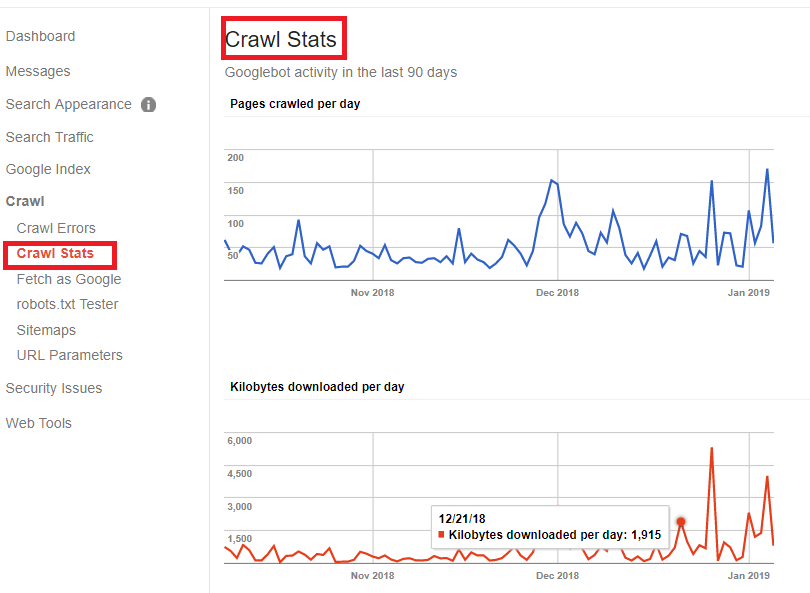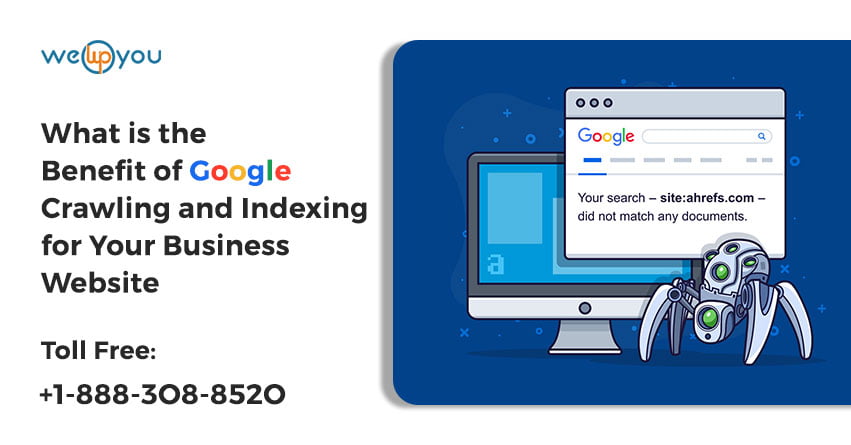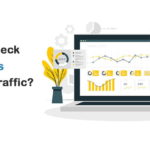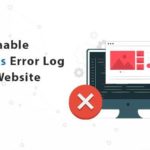When creating a website for our business, we always have an ultimate purpose in mind. And that purpose is making the business grow as much as possible. And to fulfill this purpose, only creating the website is not enough. You also have to make sure that your website makes a constant appearance in the digital space. This is when SEO jumps into the picture. Website indexing is a must. Now you must be thinking how to index your website on Google. Organic-search traffic is the first and also an important thing you will require for your website’s indexing.
Here we are going to talk about website Crawling and Indexing in detail.
What is Crawling?
The term crawling means following a specific path. The meaning is somewhat similar when we talk in the context of SEO. Crawling is the process in which the search engine starts visiting your website for tracking. Google uses Spider crawler that crawls around your website. It will use the sitemap to do so. And this is how Google will look into your website deeply. If you want you can also stop the crawler from looking into certain parts of the website. You will have to use the Robots.txt for this.

What is Indexing(index your website on Google)?
Indexing is the next step after Crawling. In this step, the search engine puts all the results in the search engine’s index. Once the search has all the results gathered from crawling in place, it will store and organize them. A page needs to be indexed first in order to be displayed in search results of relevant queries. In simple words, Indexing is the process of adding a page into Google’s sources list. If you want to achieve a higher ranking on Google and other search engines, you should get only the important pages of your website indexed.
Importance of SEO:
On the off chance that you are maintaining an online business, the SEO of site improvement for your site can’t be overlooked. Your web index positioning decides on which Google search page your website page will show up. A large number of online clients consistently search for the item, administrations, or information by utilizing a web index.
Out of those millions, 60% never go past the second page while finding important data. You can take your model likewise, do you recall when was the last time you checked the third page of Google while looking for data or an item? I wager you don’t. The explanation for this is there are a huge number of sites accessible web based on giving a similar item, administrations, or substance like your site.
To rival others, you are needed to expand your web crawler positioning to show up on higher pages of Google search results.
Factors That Affect Crawling:
The internet is flooded with websites. There are tons of them. If you want your website to stand out then you have to shift your focus to the crawling and indexing of your website. Have no idea how to do that? Do not worry! For your convenience, here we have compiled a list of all the major factors that can affect the crawling of your website.
Backlinks:
The more of them you have the better it is for your website’s overall performance. Backlinks help your website to come across as a reliable and reputable one in front of your audience. Having a good ranking is not enough if you have no backlinks. Because in this case, that ranking will not last for much time. This will make the search engines assume that the quality of your website’s content is not upto the mark.
Innerlinks:
Inner links are equally important for a website. In this process, on one page of your website you are providing links to other pages of it. If you want the bots of search engines to crawl deep in your website, you can also use the same anchor text. This way you also succeed in maintaining active users on your website.
Sitemaps:
The sitemap of your website lists all the URLs of your website. It also consists of additional metadata of each URL. The XML sitemap guides the crawler about your website and this way your sitemap will be auto-generated. If you make any changes to your website in the future, Google will be informed about it also.
URL Canonicalization:
When you create pages for your website, it is very important to choose the best URL. Always make sure to choose the SEO friendly ones.
Meta Tags:
It is recommended that you use unique meta tags for your website. Also, make sure that you choose the less competitive ones. This will help you to secure a high ranking in search results. And stuffing keywords unnecessarily is also one thing you should completely avoid. This can result in doing more harm than good.
Pinging:
It is recommended that you add all of the major ping sites to your website. If you are running a WordPress website, things are much easier for you. This offers an auto-pinging feature. Whenever there is an update on your website, all the search engines will get notified about it.
Wrapping Up!
At this point, you must have realized how important it is to work on the SEO of a website. When you work on boosting the SEO of your website, you start seeing significant improvements in your productivity. If you have been wondering how to index your website on Google then do not worry. In the above blog we have explained this in great detail.
By now you must have understood a lot of different things but at the same time your mind must have filled with a lot of questions also. If yes then you should take some expert help. There is no need to worry if you are confused about where to get help from. All you have to do is, give us a call. We are available 24×7 on 1-866-332-O276 for support and update.
FAQs:
Should we use XML Sitemap for our website?
Yes.
What does Google use for crawling websites?
Google uses the Spider Crawler.
Are backlinks helpful for a website’s SEO?
Yes, they are very helpful.
Should we add all the major ping sites to our website?
Yes.




